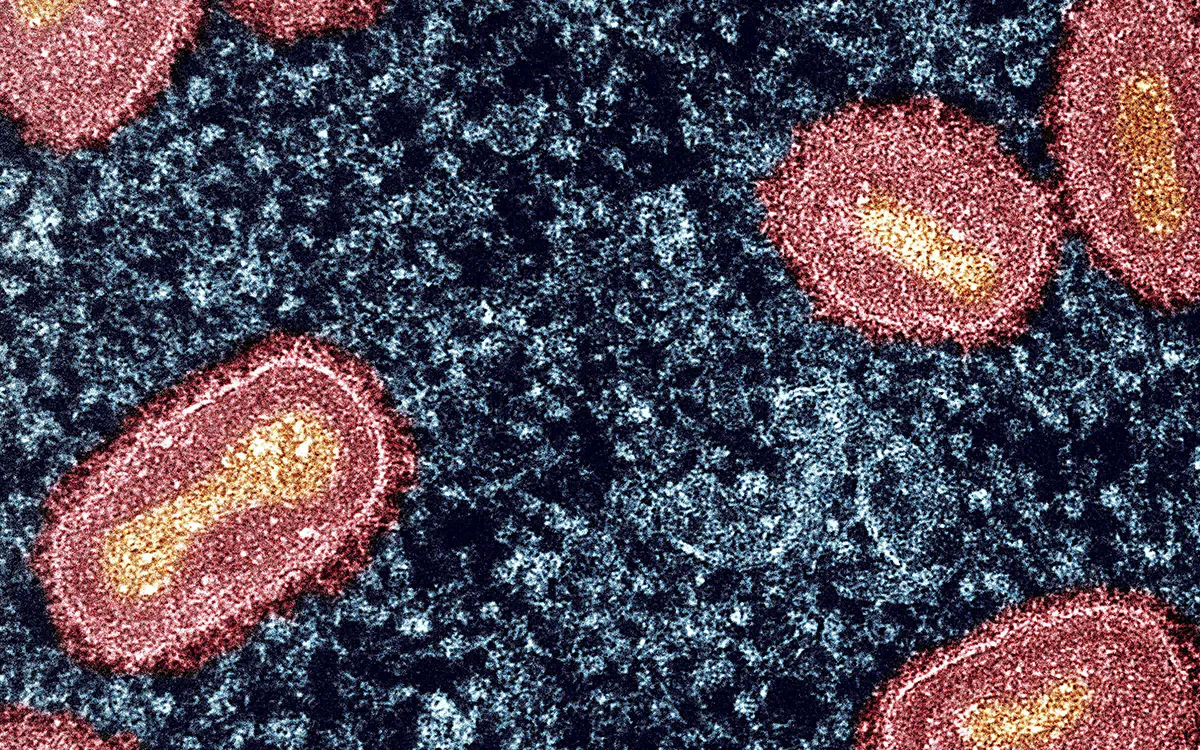
In a surprising turn of events, three cases of a severe and rare strain of the mpox virus have been identified in Los Angeles County this week. Local health officials are raising alarms over the potential for the virus to spread within the community. The Los Angeles County Public Health Department has confirmed that the individuals diagnosed with this rare strain, known as clade I mpox, represent the first cases in the nation that have no known travel history related to the virus.
The clade I strain of the mpox virus has historically been diagnosed only in travelers who were exposed to the disease in Africa, where it originally emerged. The emergence of these cases in Los Angeles County has sparked significant concern regarding the possibility of local transmission. Dr. Muntu Davis, the Los Angeles County Health Officer, expressed these worries, stating, “The confirmation of a third case with no travel history raises concerns about possible local spread in Los Angeles County.” Health authorities are currently collaborating with partners to pinpoint potential sources and investigate how this more serious variant of the mpox virus could be spreading.
In response to this alarming development, the California Department of Public Health issued an alert indicating that the mpox virus may be spreading among specific populations, particularly gay and bisexual men. However, officials emphasized that the overall risk to the general public remains low. Dr. Rita Nguyen, assistant state public health officer, remarked, “As we continue to monitor the situation, it is crucial for Californians to stay informed and take preventive measures, especially for those who are more likely to be exposed to mpox.”
Mpox is characterized by symptoms such as blistering, rash, fever, and swollen lymph nodes, and it spreads primarily through close physical contact, often of a sexual nature. Symptoms typically manifest around eight or nine days following exposure. In severe instances, lesions can become infected, leading to potentially fatal complications including sepsis and encephalitis, as noted by the World Health Organization.
All three individuals diagnosed in the Los Angeles area were hospitalized due to their symptoms but have since been released. The previous outbreak of mpox in the U.S. during 2022 was largely attributed to a different strain, known as clade II mpox, which is generally associated with less severe symptoms compared to clade I. Individuals who are concerned about mpox or who are deemed at high risk for contracting the virus are encouraged to receive the two-dose Jynneos vaccine, which has been shown to reduce the risk of infection by approximately 86% to 89%.
Dr. Peter Chin-Hong, a professor of medicine and an infectious disease expert at UC San Francisco, highlighted the importance of vaccination, stating that the two-dose vaccine can also diminish the severity of symptoms, even if it does not completely prevent infection. He reiterated that the mpox virus is transmitted through very close or intimate physical contact, and individuals are unlikely to contract it from public spaces. “You don’t get it from going to Muni or taking Bikram Yoga or Trader Joe’s. I mean, it’s something that’s really intimate,” Dr. Chin-Hong explained.
As local health officials continue to monitor the situation, it remains essential for residents of Los Angeles County to stay informed and take appropriate preventive measures to protect themselves and their communities from the mpox virus.